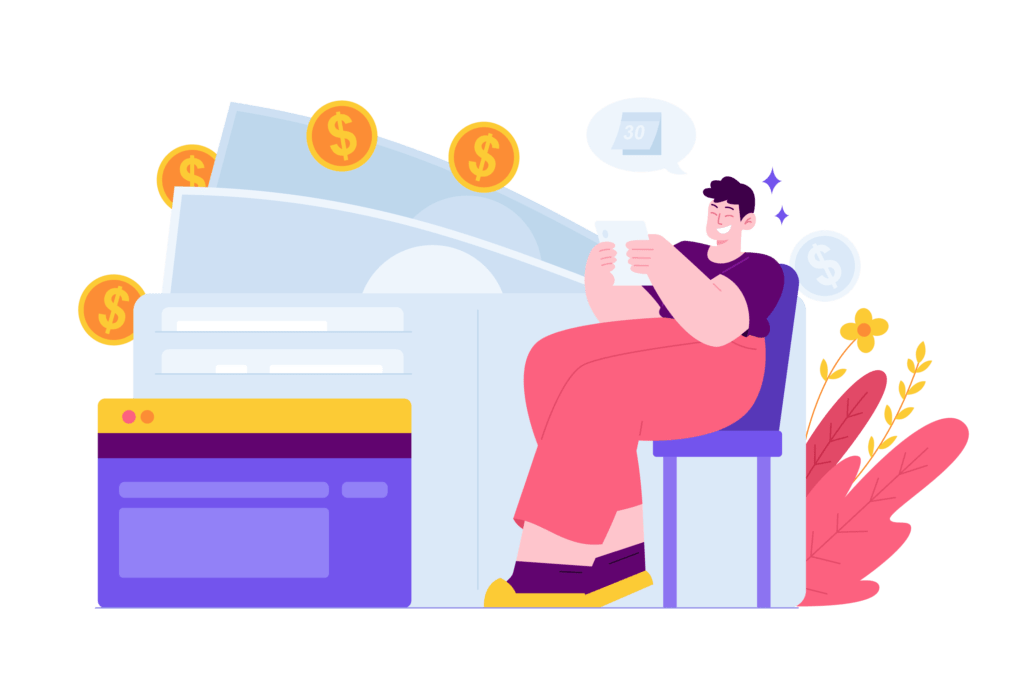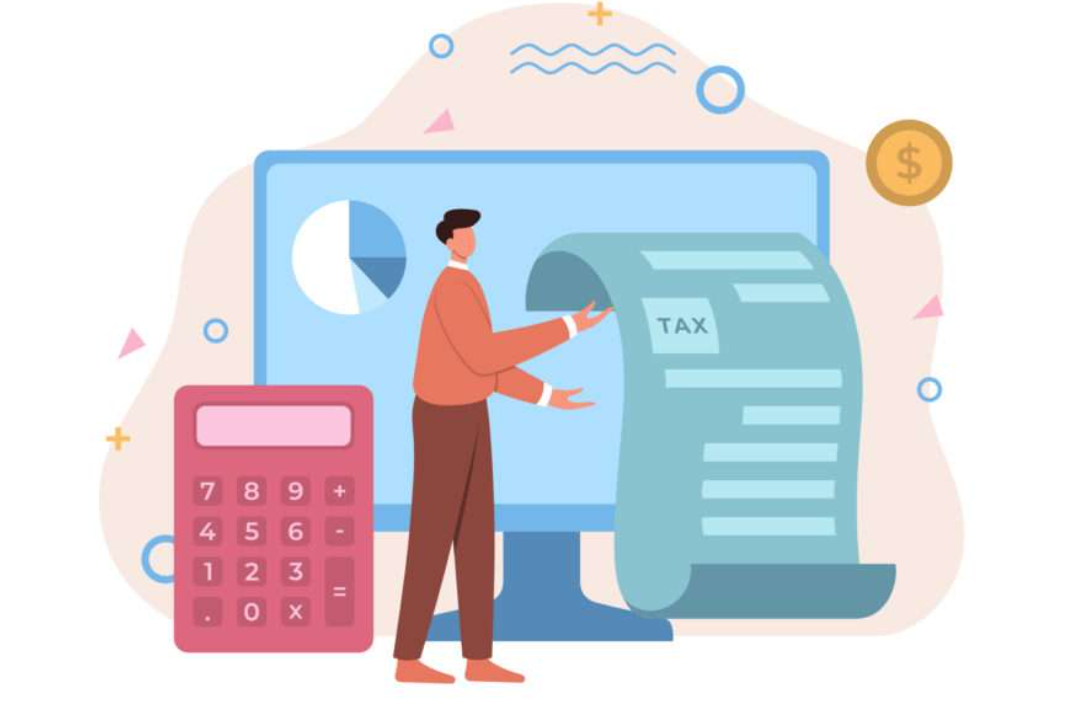Dividend vs Salary

A dividend is simply a share of the company’s profits. Profit is what is left over after the company has settled all its liabilities, including taxes. If there is no profit, then no dividends can be paid.
According to the proportion of shares that they hold, dividends can be paid to directors and other shareholders. There is no requirement to pay all the profits as dividends, or even any of them. A company can retain profits over several years and distribute them as the board decides.
The benefits of taking dividends are that they
• Attract lower rates of income tax than salary
• No NICs are payable on dividends (neither employers nor employees)
By taking most of your income in the form of dividends, you can significantly reduce your income tax bill.
Dividend Allowance
You have a tax-free dividend allowance, which is in addition to your personal allowance. In the 2019/20 tax year this allowance is £2,000. This means that you can earn up to £14,500 before paying any income tax at all.
Income tax rates on dividends
Dividends attract a much lower rate of income tax than salary does. There is also a slightly greater tax-free allowance when you are paid in dividends.
Example:
Jane takes a salary of £8,600 (keeping below the threshold for paying NICs or income tax on it) and takes a further £30,000 in the form of a dividend. Her total income is now £38,600. She has a tax-free personal allowance of £12,500 in 2019/20, leaving £26,100. Her dividend allowance means the first £2,000 of dividends are tax-free, leaving £24,100 that is taxable.
This £24,100 is taxed at the dividend basic rate of income tax, which is just 7.5 per cent. So Jane’s income tax bill for the year will be £1,807.
If Jane had taken the whole £38,600 as salary, then her income tax bill would have been 20 per cent of £26,100 – which is £5,220. She would also have to pay £3,596 in NICs. By taking her income in a combination of a low salary plus dividends, Jane has saved over £7,000 in that year. Also note that the company would have to pay employer NICs on her salary, coming in at £4,135. However, this will be offset to some extent by lower corporation tax.
The drawbacks of taking dividends
Although taking your income mostly in the form of dividends may seem like a no-brainer, there are certain limitations and pitfalls to watch out for.
• Dividends can only be paid out of profits
• Relying too much on dividends can make your income unpredictable
• Dividends are paid after corporation tax has been deducted (unlike a salary, which is a tax-deductible expense)
• If you accidentally take a dividend that is not covered by profits, you will have taken out a director’s loan which must be repaid
• Dividends don’t count as ‘relevant UK earnings for tax relief on pension contributions that you make yourself.
If you plan to rely on dividends for some or most of your income, then ensure you have a rigorous accounting function in place to declare profits and account for dividends in good time. Your accountant can also help you work out which method of payment is most tax-efficient for both yourself and your company – as this can be quite convoluted.
If further information is needed, Cangaf Ltd is your destination. Reach out today for a complimentary quote, and let us support you with all your accounting needs!


